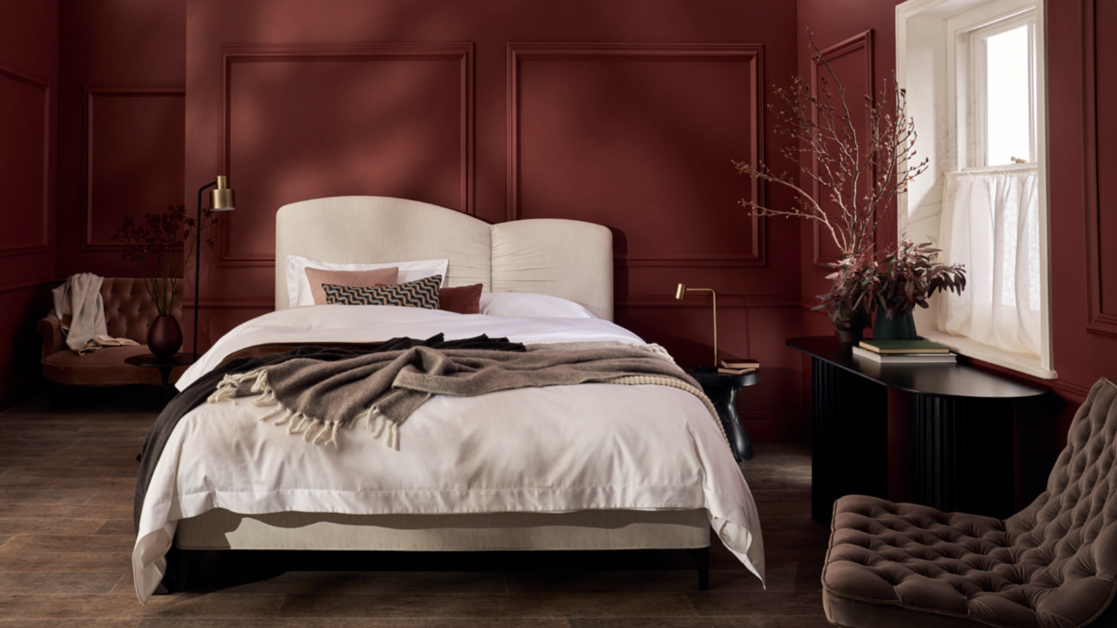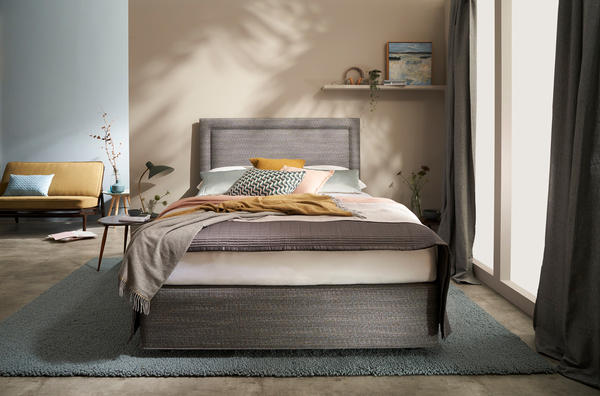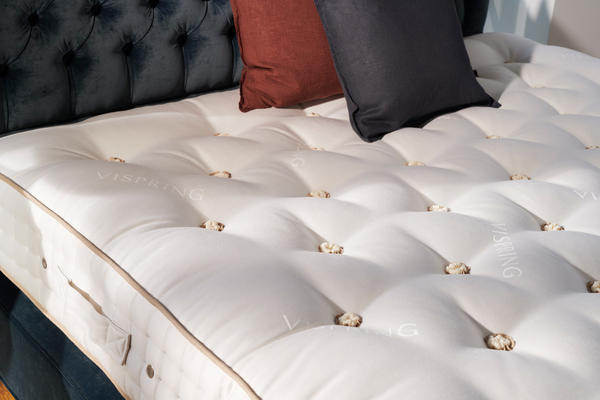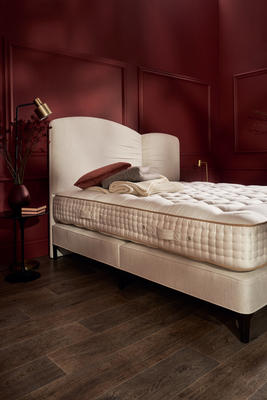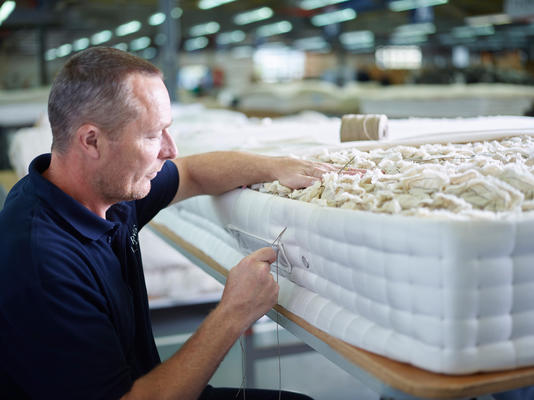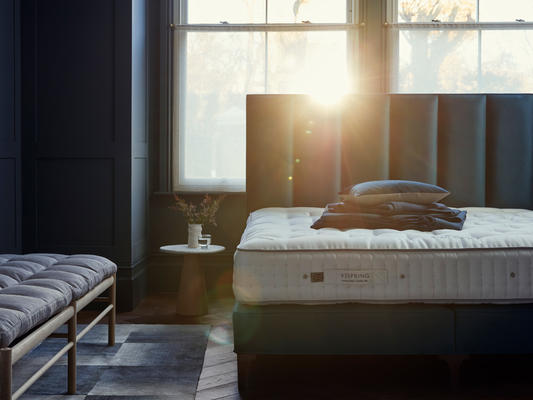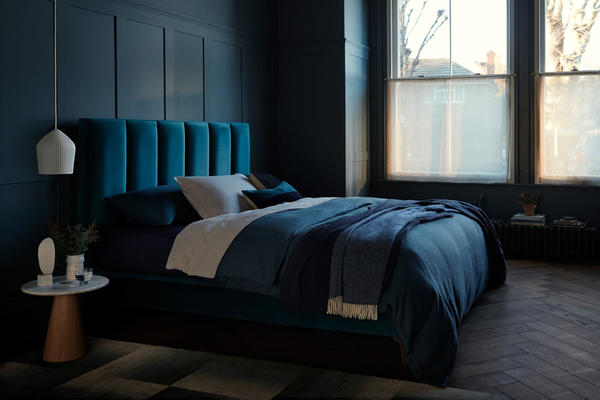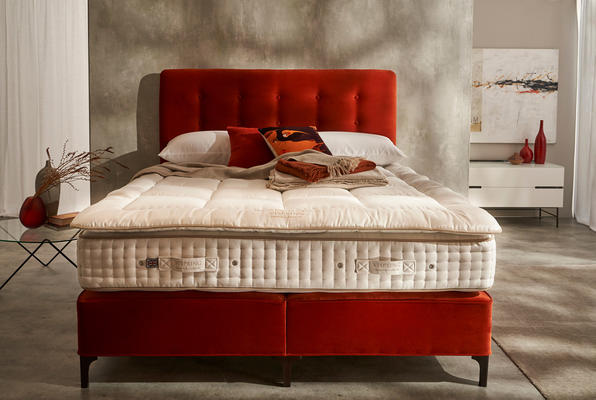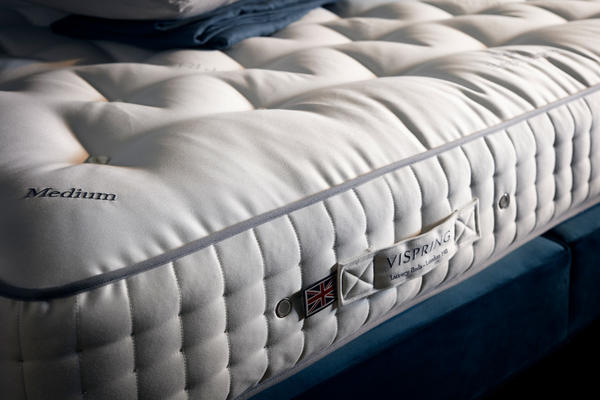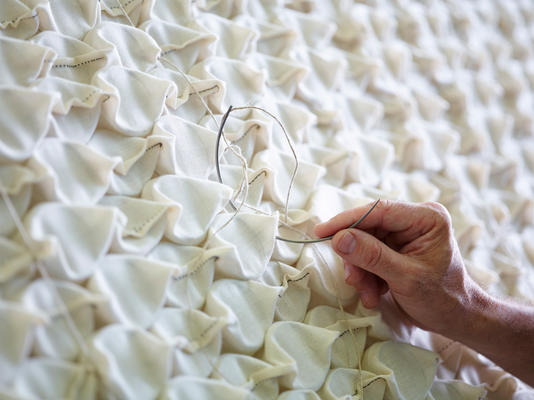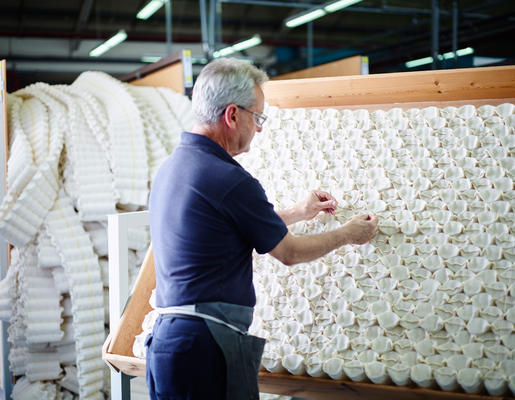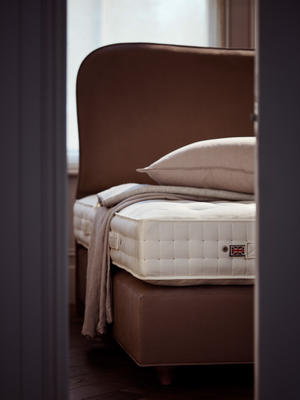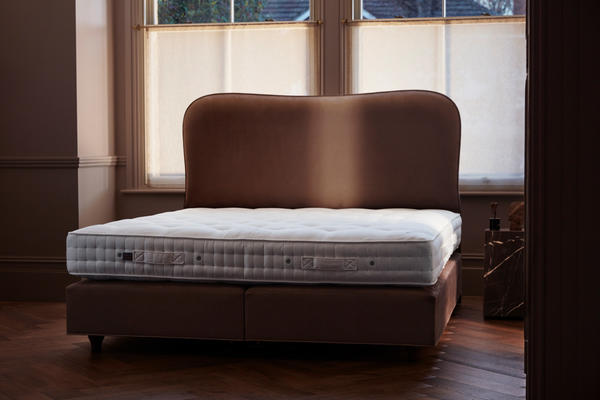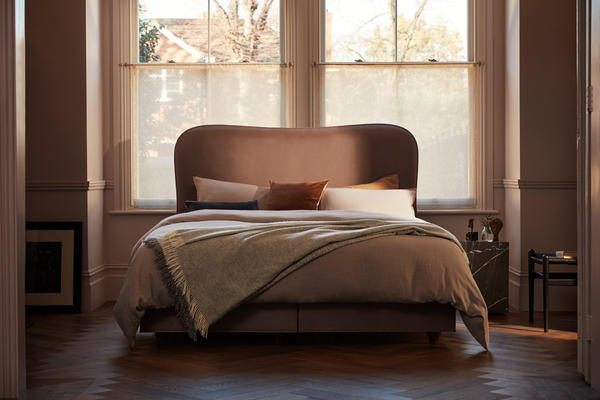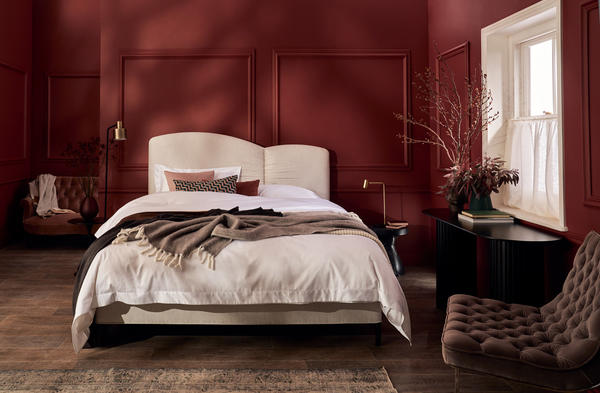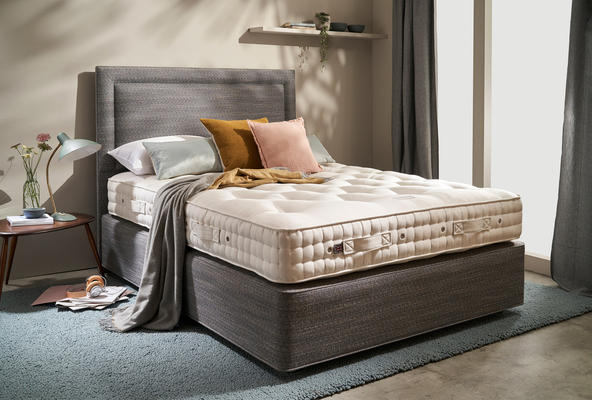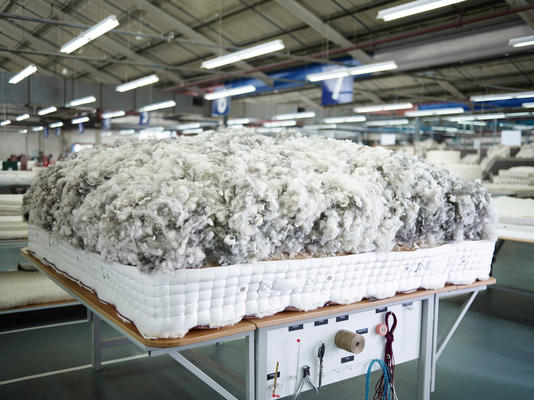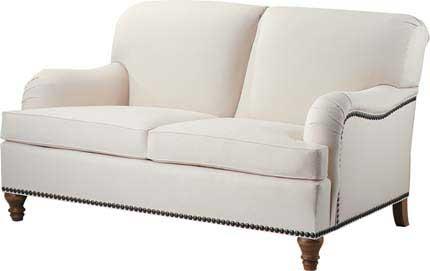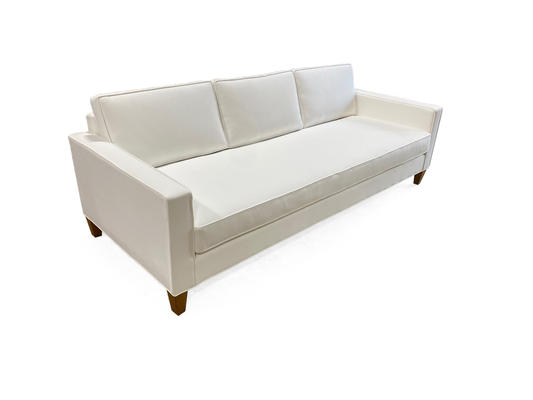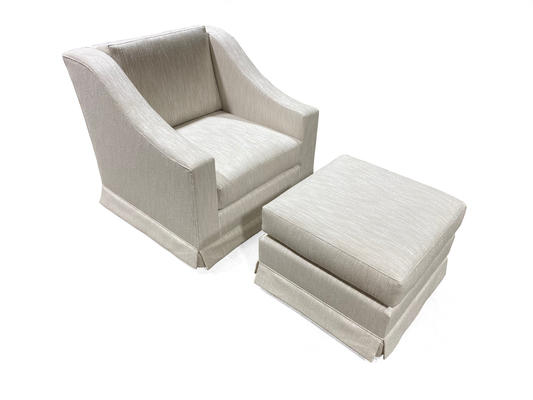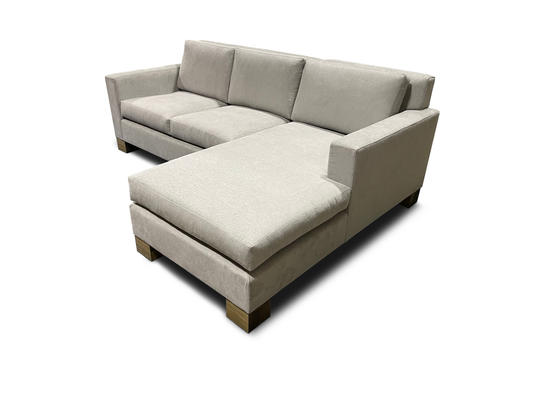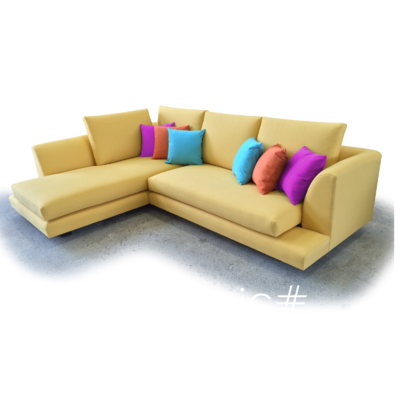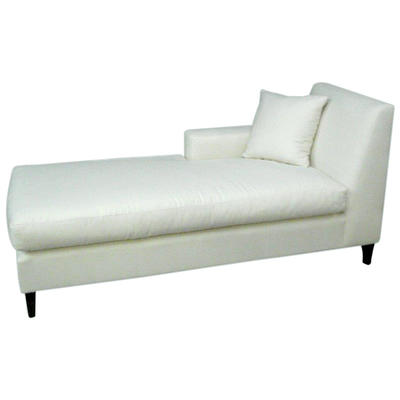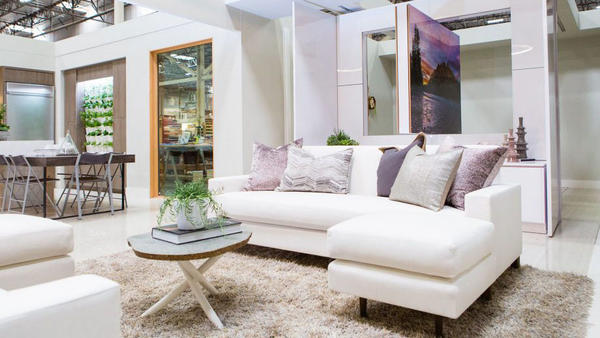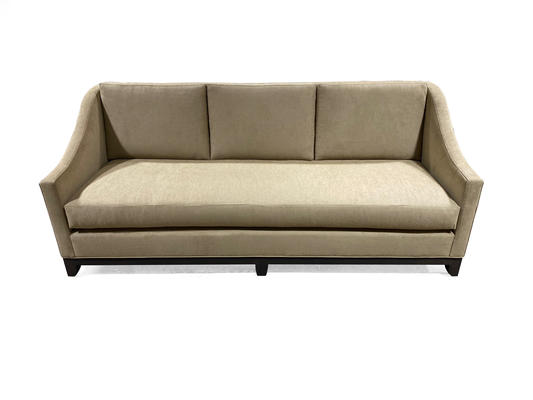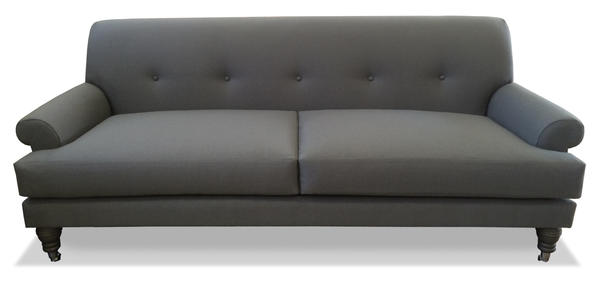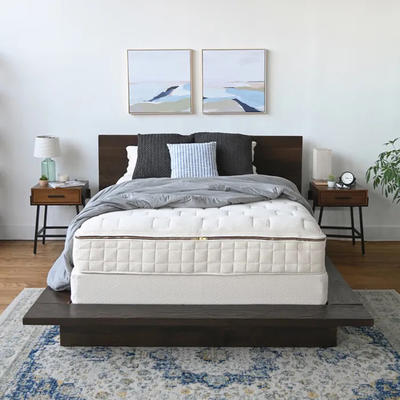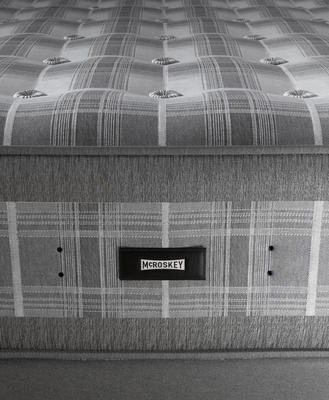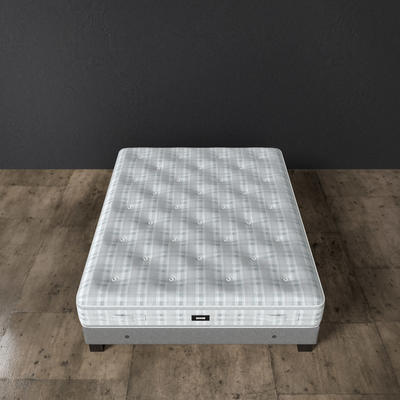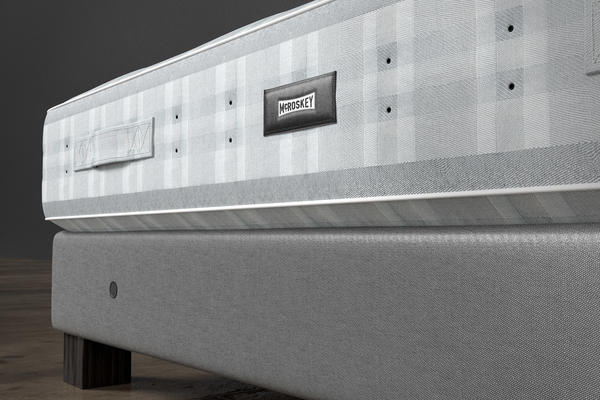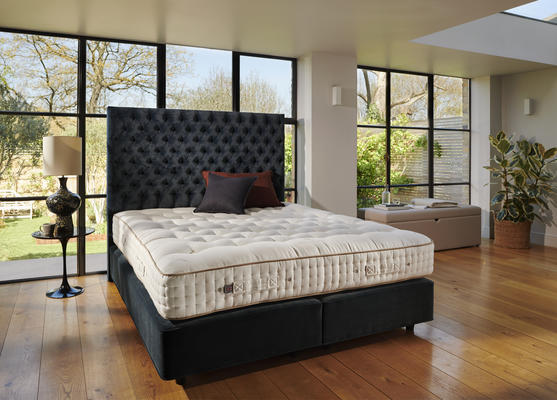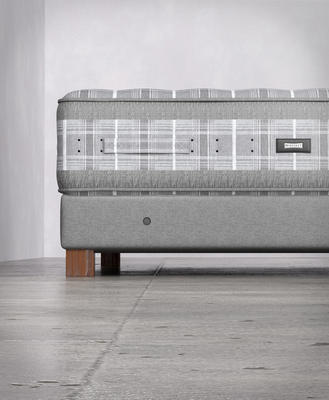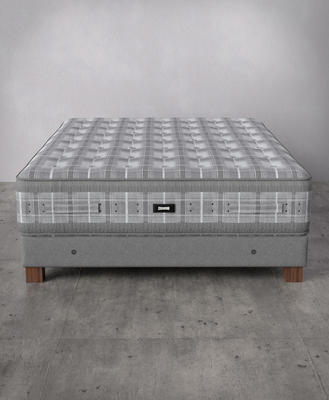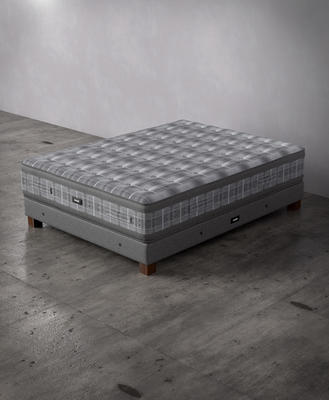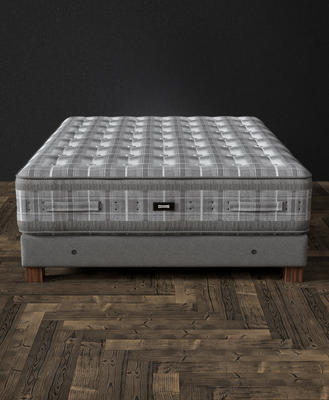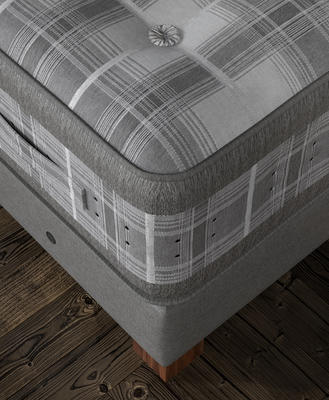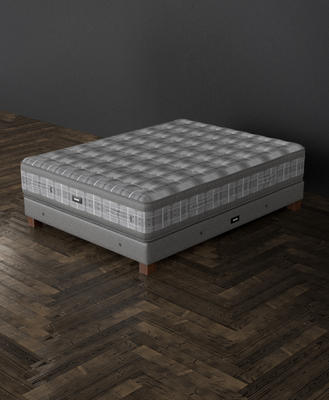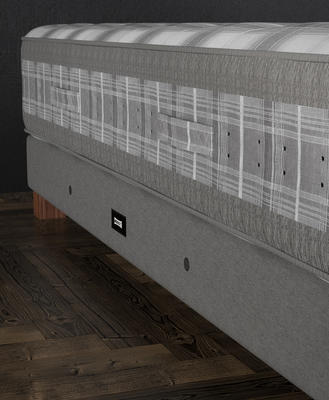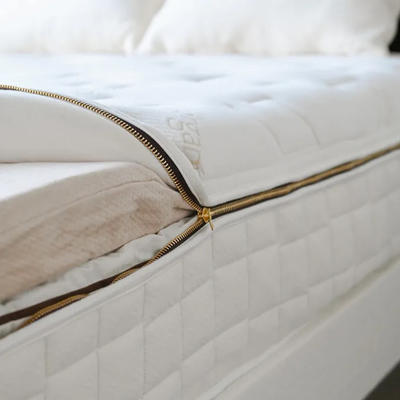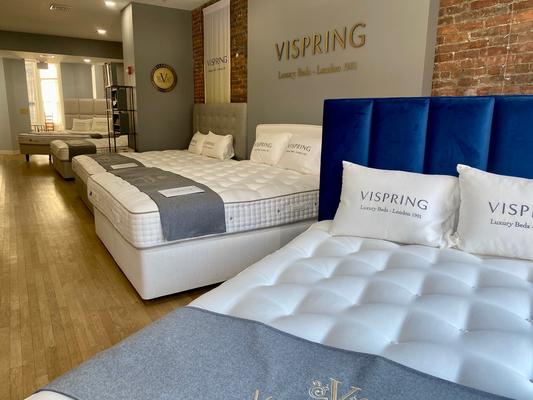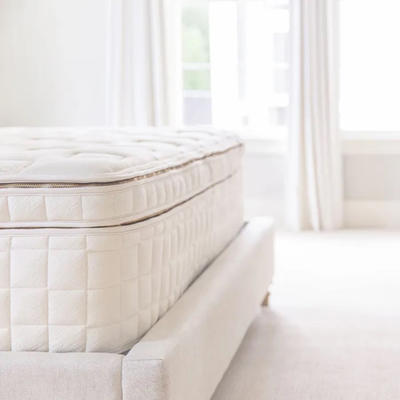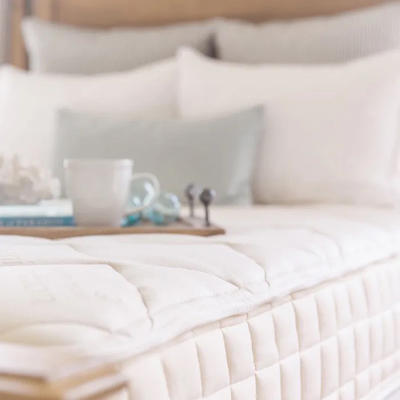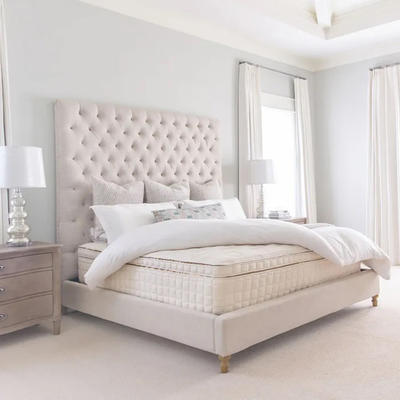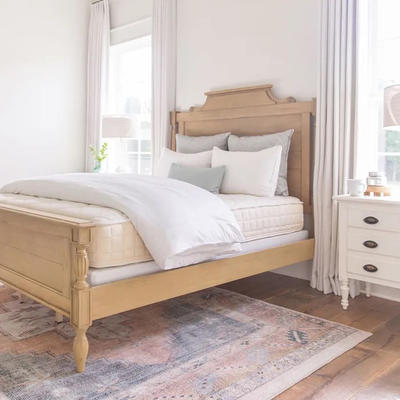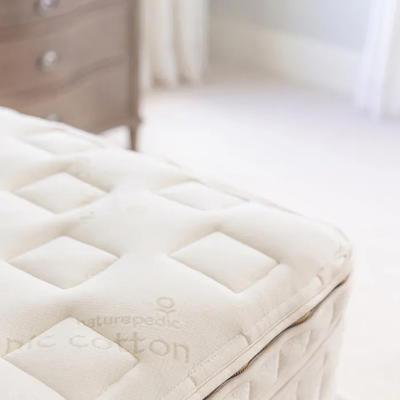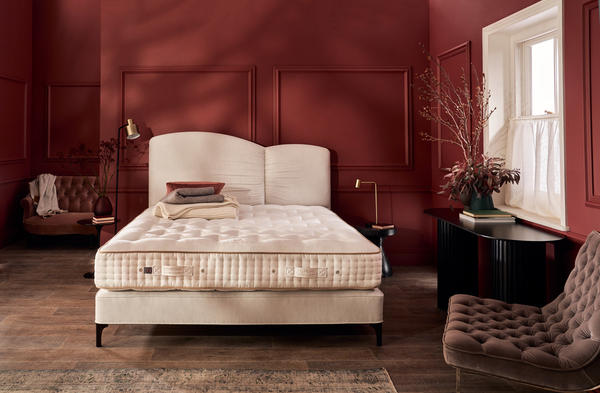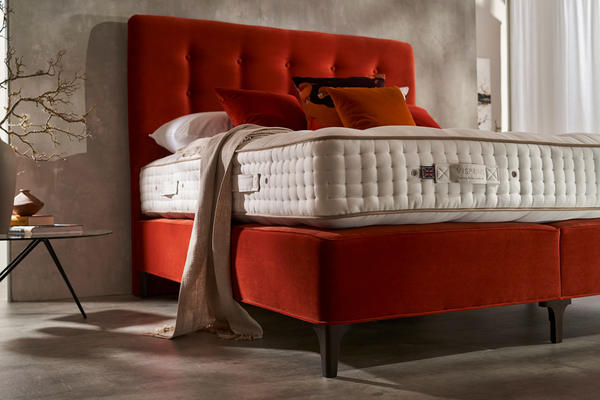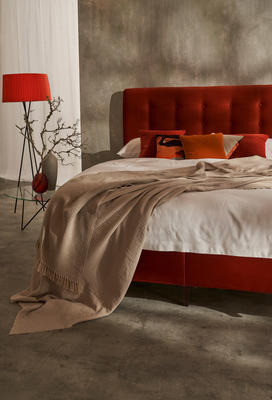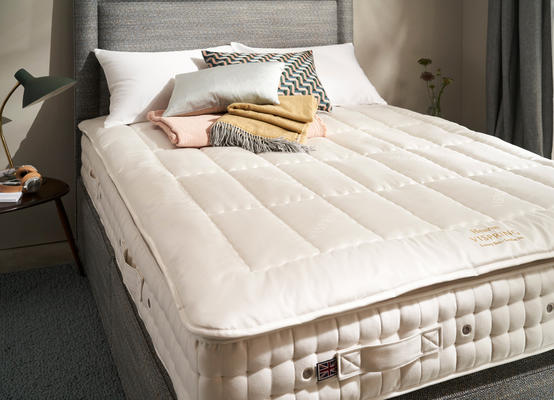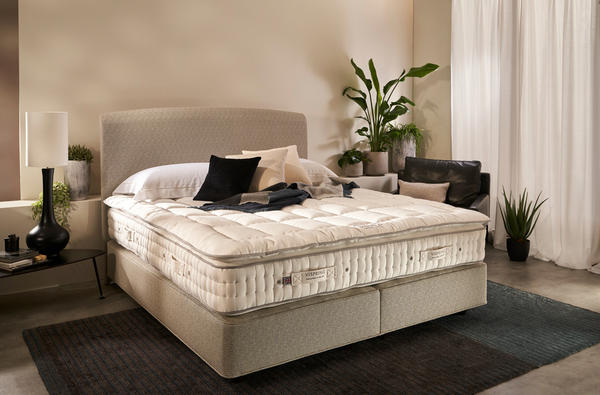BOH caught up with product and business developer Donna Halloran to discuss Boston Luxury Bed’s newest offerings.
Tell us about Boston Luxury Beds’s product collections.
Our product offerings evolve based on consumer needs. We try to stay away from the trendy and disposable and instead embrace natural, nontoxic, timeless and made-to-last elements. There are so few companies as dedicated as we are to organic bedding.
Why did you get involved with Boston Luxury Beds?
In truth, having worked in the textile industry for decades, I developed a number of autoimmune diseases that are, at their core, inflammation. In order to alleviate the symptoms, I had to change my lifestyle and eliminate the triggers, most of which were aggravated by synthetic chemical exposure and processed foods. And it worked! Our core group embraces these same qualities of fibers and other elements that come from nature.
What are your customers most excited about?
I’ve worked with other outliers in the industry who have known for a long time about the perils of many synthetic inputs and classes of flame retardants, so it’s exciting to now see consumers driving this movement toward cleaner products. It helps us because we have always brought such products into the marketplace, and they reflect our core values. We aren’t following a trend. Consumers are angry with large corporations that just let the chemical companies convince them to use toxic inputs, and this occurs at every price point.
What pieces are resonating most with your customers?
People love the Naturepedic EOS Classic highly customizable mattress, which can be customized as your needs change. Each side of the queen size and larger can be customized separately. Our organic Pure Joy pregnancy wedges, organic cotton and kapok-filled decorative pillow inserts also sell extremely well. Since there are so few companies developing nontoxic home textiles, top-of-the-bed and upholstered furniture, we try to produce basics and practical products. We carry vetted and beloved organic mattresses that don’t have gimmicky features.
How do you feel this collection pushes the brand forward?
We are finally seeing consumers beyond the first adopters start to insist upon nontoxic home textiles, mattresses and furniture. Anybody with children or grandchildren who reads about the health risks associated with so many synthetic ingredients immediately becomes protective and wants to shield their family from these exposures. Since our dwellings are one of the few areas in our life we can control, consumers are researching the ingredients of what they bring into their homes and how these items can impact air quality and health. The Sustainable Furnishings Council sums it up best when they urge us all to ask, “What’s it made of?”
How do you envision designers using this collection?
The architecture and design community can use their product knowledge to make safe choices for their clients’ homes and, especially in regard to their bedrooms, make health the highest priority. We spend a third of our lives in our bedrooms, on our mattresses.
Can the collection be customized?
Every aspect of our upholstered furniture is completely customizable, from style, fabric, wood finish, type of leg, length, seat depth, seat height and so on, because we build from the frame up using solid hardwood, organic latex wool and cotton as well as GOTS and Oeko-Tex 100 certified upholstery fabrics. What we show is classic and practical, since nontoxic upholstered furniture from conventional brands is nearly nonexistent. We do make curvilinear pieces with all-natural wool boucle fabrics too.
Vispring can make any size or shape mattress, upholstered divan and headboard in any style offered. The natural ingredients and craftsmanship that have been our signature since 1901 are a constant, but sizes and shapes can change.
Any special memories or experiences working on this collection?
The skilled labor shortages, high demand and price increases for raw materials are unlike anything I’ve experienced in 35 years in the industry. I’ve never seen supply and demand so skewed. Learning to accept that which I cannot change, with the hope that supply and demand will stabilize at some future point, has been difficult, but we have weathered this pandemic better than companies who produce conventional products because we work with all-natural and organic inputs.
















